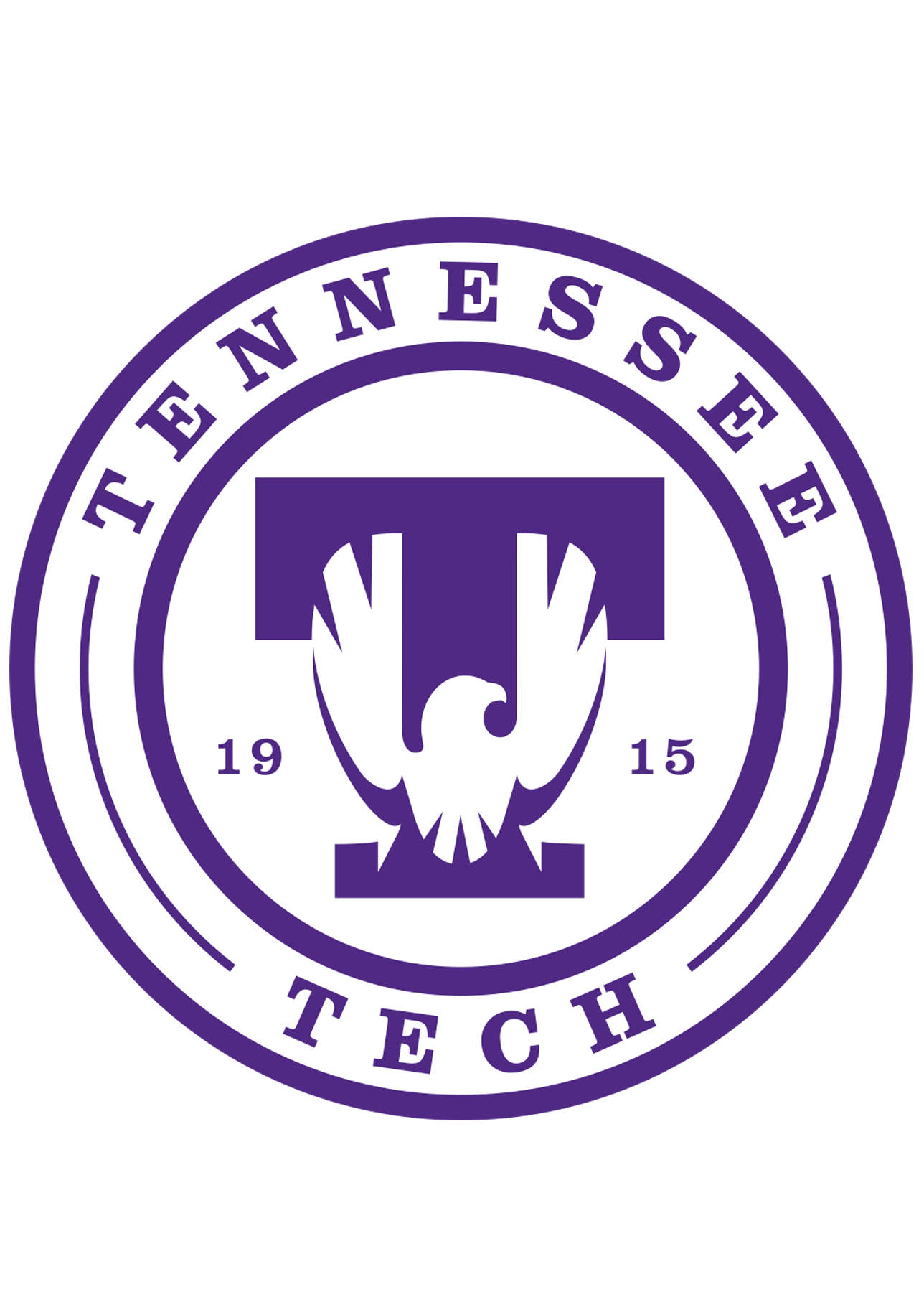An online master’s in training and development prepares students to work with human resources departments to design and implement corporate training programs. Training and development managers are responsible for educating employees and directing skills-improvement and knowledge-enhancement initiatives.
Most online graduate degrees in training and development require between 30 to 40 credit hours, which typically takes up to two years for a full-time student to complete. The average tuition for a graduate degree is $20,513 per year. Private schools are the most expensive, averaging $28,017 per year, while public schools are more affordable at approximately $12,596. A graduate degree pays off in the long run, with training and development managers bringing home an annual salary of roughly $120,000.
We spoke with Michelle Pickett, director of Northern Illinois University’s Academic Advising Center, for expert advice on selecting the best master’s in training and development program, making your application stand out, and excelling in an online learning environment.
Why You Should Trust
The Intelligent.com Higher Education Team is dedicated to providing students with independent, equitable school and program rankings and well-researched resources. Our expert-driven articles cover topics related to online colleges and programs, paying for school, and career outlooks. We use data from the U.S. Department of Education’s College Scorecard, the National Center for Education Statistics, and other reputable educational and professional organizations. Our academic advisory team reviews content and verifies accuracy throughout the year for the most current information. Partnerships do not influence rankings or editorial decisions.
- Analyzed over 2,000 national, accredited, and nonprofit colleges and universities
- 800+ rankings pages are reviewed and updated yearly
- Content is informed by reputable sources, surveys, and interviews with academic advisors and other experts
- Over 100 data points are reviewed for accuracy and quality throughout the year, including sources
How we rank schools
Our list features the best online Training and Development degree programs at top colleges nationwide. Each school featured is a nonprofit, accredited institution — either public or private — with a high standard of academic quality for post-secondary institutions.
We evaluated each school’s program on tuition costs, admission, retention and graduation rates, faculty, reputation, and the student resources provided for online students. We collected data from trusted sources like the National Center for Education Statistics, individual school and program websites, school admissions counselors, and other data sources. Then, we calculated the Intelligent Score on a scale of 0 to 100 based on the following criterion:
Academic Quality:
- Admission rate versus enrollment rate
- Retention rate of students who return after year one
- Accreditation status (regional and programmatic)
- Nonprofit status, both private and public institutions
Graduation Rate
- Overall graduation rate
- Total number of currently enrolled students, including diversity metrics
- Student-to-faculty ratio
Cost and ROI
- In-state and out-of-state per-credit tuition rates and fees
- Required credits to graduate
- Earning potential after graduation
- Availability of federal student loans, scholarships, and other financial aid options
Student Resources
- Available student services for online-only and hybrid programs
- On-campus amenities like tutoring centers and the number of libraries
Read more about our ranking methodology.
Best 8 Accredited Online Master’s in Training and Development Programs
FiltersInstitution Type
Status
- Intelligent Score
- Alphabetically By University Name
- Acceptance Rate
- Enrollment
- In-state Graduate Tuition
- Out-of-state Graduate Tuition
- In-state Undergraduate Tuition
- Out-of-state Undergraduate Tuition

North Carolina State University
Intelligent Score: 99.78In-state: $6,535
Out-of-state: $26,654
In-state: $9,095
Out-of-state: $9,095
SAT: 1230-1410
ACT: 27-32
Resident: $272
Non-Resident: $1,225
Online
Southern Association of Colleges and Schools Commission on Colleges
36

Webster University
Intelligent Score: 97.21In-state: $28,500
Out-of-state: $28,500
In-state: $13,500
Out-of-state: $13,500
SAT: 1078-1260
ACT: 20-27
$752
Online, On-Campus
Higher Learning Commission
36

Amberton University
Intelligent Score: 96.59In-state: $35,330
Out-of-state: $35,330
In-state: $26,975
Out-of-state: $26,975
SAT: Not Required
ACT: Not Required
$300
Online
Southern Association of Colleges and Schools Commission on Colleges
36

Tennessee Tech University
Intelligent Score: 93.67In-state: $8,358
Out-of-state: $18,390
In-state: $10,280
Out-of-state: $10,280
SAT: 1030-1270
ACT: 21-28
Resident: $632
Non-Resident: $1,358
Online
Southern Association of Colleges and Schools Commission on Colleges
30

Middle Tennessee State University
Intelligent Score: 93.66In-state: $7,200
Out-of-state: $25,872
In-state: $8,946
Out-of-state: $8,946
SAT: 990-1200
ACT: 20-26
$804
Online
Southern Association of Colleges and Schools Commission on Colleges
30

University of St. Francis
Intelligent Score: 91.68In-state: $35,000
Out-of-state: $35,000
In-state: $13,464
Out-of-state: $13,464
SAT: 970-1180
ACT: 21-26
$799
Online
Higher Learning Commission
36

University of Wisconsin - Stout
Intelligent Score: 91.29In-state: $9,273
Out-of-state: $37,161
In-state: $10,728
Out-of-state: $10,728
SAT: 1260-1460
ACT: 27-32
$627
Online
Higher Learning Commission
30

Roosevelt University
Intelligent Score: 91.07In-state: $31,493
Out-of-state: $31,493
In-state: $21,275
Out-of-state: $21,275
SAT: 900-1130
ACT: 18-26
$991
Online
Higher Learning Commission
36
How to Choose an Online Master’s in Training and Development Program
Choose your area of study
As a training and development student, you can choose a Master of Arts (MA) degree or a Master of Science (MS) degree. Both are regarded equally in the field but prioritize different aspects of the same area of study. An MS degree will focus more on curriculum design’s scientific and technical aspects, while an MA will prioritize the humanities and theoretical aspects of adult learning.
Depending on the kind of organization you hope to work for, there are several areas of concentration you can choose from:
- Business administration
- Consulting
- Human resources leadership
- Health administration
- Instructional design
- Training management
If you already know what you would like to do after you graduate, look for programs that closely match these career goals. “When considering an area of study, select a program you are interested in studying and learning more about,” Pickett suggests. “One helpful resource is the Bureau of Labor Statistics’s Occupational Outlook Handbook, which provides a wealth of career information, including the career outlook and educational preparation needed for different occupations.”
Research schools and programs
You should only consider institutions that have been approved by a DOE-recognized regional accrediting organization, such as the New England Commission of Higher Education or Northwest Commission on Colleges and Universities. These organizations evaluate schools to ensure they provide students with a high-quality education. Those who attend a school that isn’t regionally accredited may be unable to access financial aid or transfer credits to another institution if needed.
Ideally, your master’s in training and development program will also be accredited by a respected industry group like the Association for the Advancement of Collegiate Schools of Business (AACSB). This programmatic accrediting organization has particularly high standards for business education.
You should also research other considerations such as program length, cost, and accessibility. To learn more about any schools that you’re interested in, you can visit the school’s website, contact an admissions counselor, follow the school on social media, or attend an in-person or virtual open house.
Prepare for tests and applications
Application requirements vary by school and program. The best way to prepare for the application process is to contact your school’s admissions department. A counselor can tell you if there are any grade point average thresholds or if you need to take any standardized testing. They can also tell you which materials you need to submit, such as transcripts, letters of recommendation, or a personal statement.
“In your personal statement, address why you’re interested in the institution and your selected area of study, and discuss your personal or professional goals for the future,” says Pickett. “A personal statement can also allow students who may not meet all admissions criteria to provide details about their circumstances.”
Some schools offer rolling admissions, but others have strict deadlines. Be sure to search your school’s website and student catalog for additional program requirements as well.
Select your program
Take advantage of your school’s student services. Support services for online students are an essential feature of any program. Since you likely can’t visit your campus physically, it’s reassuring to know how accessible assistance will be when you need it.
Similarly, ask your admissions counselor about student groups or online meetups where you can get a feel for the program’s sense of community. Other questions you might want to consider:
- Are faculty mentorships available?
- How does the school provide academic and social support?
- How does the school ensure it is meeting the needs of its students?
Before making your final decision, review your needs and goals again. Do you plan to attend school full-time or part-time? Are you only interested in 100% online programs, or are you fine with a hybrid program that has a few in-person requirements? Some programs offer asynchronous courses, which can be completed at your own pace, while others only offer synchronous courses, which involve remotely attending lectures and completing assignments at the same time as other students — which of these two online learning formats do you prefer? Your school should accommodate your scheduling needs and learning preferences.
“It’s essential for individuals pursuing online degree programs to understand their learning styles,” says Pickett. “Students should ensure that they’re focused and motivated and can practice good time management and self-discipline skills, especially for self-paced programs.”
Determine how you’ll pay for your degree
While you can usually find the per-credit cost for your program online, there are often other student fees that aren’t included in this number. Depending on your program, you may have technology, library, or laboratory fees that can add up to hundreds of dollars. Contacting your school’s financial aid office is the best way to get an accurate estimate of costs.
Most students begin their financial planning by filling out the Free Application for Federal Student Aid (FAFSA). This form will help determine your eligibility for affordable loans and scholarship programs. Also, those who already work in the field should see if their employer offers tuition assistance benefits.
What Can You Expect from an Online Master’s in Training and Development Program?
Experts in organizational training and development are in high demand and tasked with delivering effective education that creates positive change in workplace outcomes.
Students in an online master’s in training and development program can expect to take courses in psychology, communication, learning theories, instructional design, and needs assessment. Some technology training may be required, as e-learning has become a standard on-the-job training method. In addition, some programs will require hands-on fieldwork and a final capstone project.
Potential courses you’ll take in an online master’s in training and development program
- Foundations of Instructional Technology. Students are introduced to the foundational theories of instructional strategies and computer-based learning tools.
- Instructional Design. Students examine instructional design methods and learn how to develop interventions using analysis, design, and evaluation. The course covers a variety of learning environments and instructional strategies. Students also study the art and science of communication.
- Educational Leadership. Students explore the theories and practices of leadership, specifically within the framework of educational programs and institutions. They will examine leadership theories, psychology, organizational change, and conflict resolution.
- Principles and Practices of Adult Learning. Students apply their skills in adult learning to create effective training programs and learning environments. They evaluate internal and external conditions that affect learning and strategies that increase instructional effectiveness.
What Can You Do With an Online Master’s in Training and Development?
Career outlook
Graduates with an online master’s degree in training and development have a wide range of career paths to explore. The skills acquired during their education make them valuable assets to organizations in various sectors. Furthermore, as businesses increasingly embrace online and remote work environments, there is a growing demand for professionals who can design and deliver effective virtual training programs. This trend has been accelerated by the COVID-19 pandemic, making online training and development expertise highly relevant.
Here are some common career paths for individuals with a master’s degree in training and development:
- Training and development manager — Design and manage an organization’s employee training programs.
- Median annual salary: $120,000
- Projected employment growth (through 2032): 6%
- New job openings projected: 3,500 annually
- Human resources manager — Oversee employee relations, payroll administration, and talent acquisition and development.
- Median annual salary: $130,000
- Projected employment growth (through 2032): 5%
- New job openings projected: 15,500 annually
- Project management specialist — Oversee all aspects of a project, including budgeting, staffing, training, and progress monitoring.
- Median annual salary: $95,370
- Projected employment growth (through 2032): 6%
- New job openings projected: 68,100 annually
Online Master’s in Training and Development Degree Frequently Asked Questions
How do I apply to an online master’s in training and development degree program?
Speak to your admissions counselor about your educational goals and personal experience. They can advise about transfer credits, application fee waivers, and what materials you need to apply to your program.
Typical graduate admissions will require the following documents:
- Official transcripts. It can take some time to retrieve official transcripts from your undergraduate institution, so include this in your planning.
- Letters of recommendation. Colleges often ask for two or three letters from former academic advisors attesting to your discipline and scholarship.
- GRE scores. While not every school will ask for these, you may need them if you apply for any scholarships or grants.
- Application essay or letter of intent. This essay is a good way for colleges to assess your writing and communication skills while also understanding your commitment.
How much does an online master’s in training and development degree cost?
Public schools tend to be more affordable than private schools, though public schools typically charge a lower per-credit fee for in-state students. Non-residents can sometimes pay more than double the in-state rate.
For instance, North Carolina State University charges about $553 per credit for residents and $1,663 for non-residents. Some colleges have a smaller gap, such as Oakland University, which charges residents $872 per credit and non-residents $1,027.
Generally, a student can expect to pay at least $20,000 in total tuition for an online master’s in training and development degree.
How long does it take to earn an online master’s in training and development degree?
Most online master’s in training and development degrees require between 30 to 40 credits, or roughly 10 to 13 courses.
Full-time students can finish the program in one to two years, but many students opt for part-time attendance, especially if they remain employed while they go to school. Part-time students will likely need three to five years to complete their degree. Depending on the program, there may be opportunities to finish more quickly with transfer credits or an accelerated option that allows students to take more credits simultaneously.
Is an online master’s degree in training and development worth it?
This degree can open doors to leadership roles in training and development, human resources, or organizational improvement. If you aspire to manage training programs or lead organizational change initiatives, the advanced knowledge and skills gained through this master’s degree can be quite valuable. Although multiple factors, such as location and job responsibilities, impact the salary range for jobs in this field, the average pay rates are high for training and development professionals.
Online programs can be an excellent choice for many learners. Those who are already working will appreciate the flexibility of online programs that offer asynchronous courses, available at your convenience. Earning your degree online also demonstrates to potential employers that you are self-motivated and possess good time management skills.


